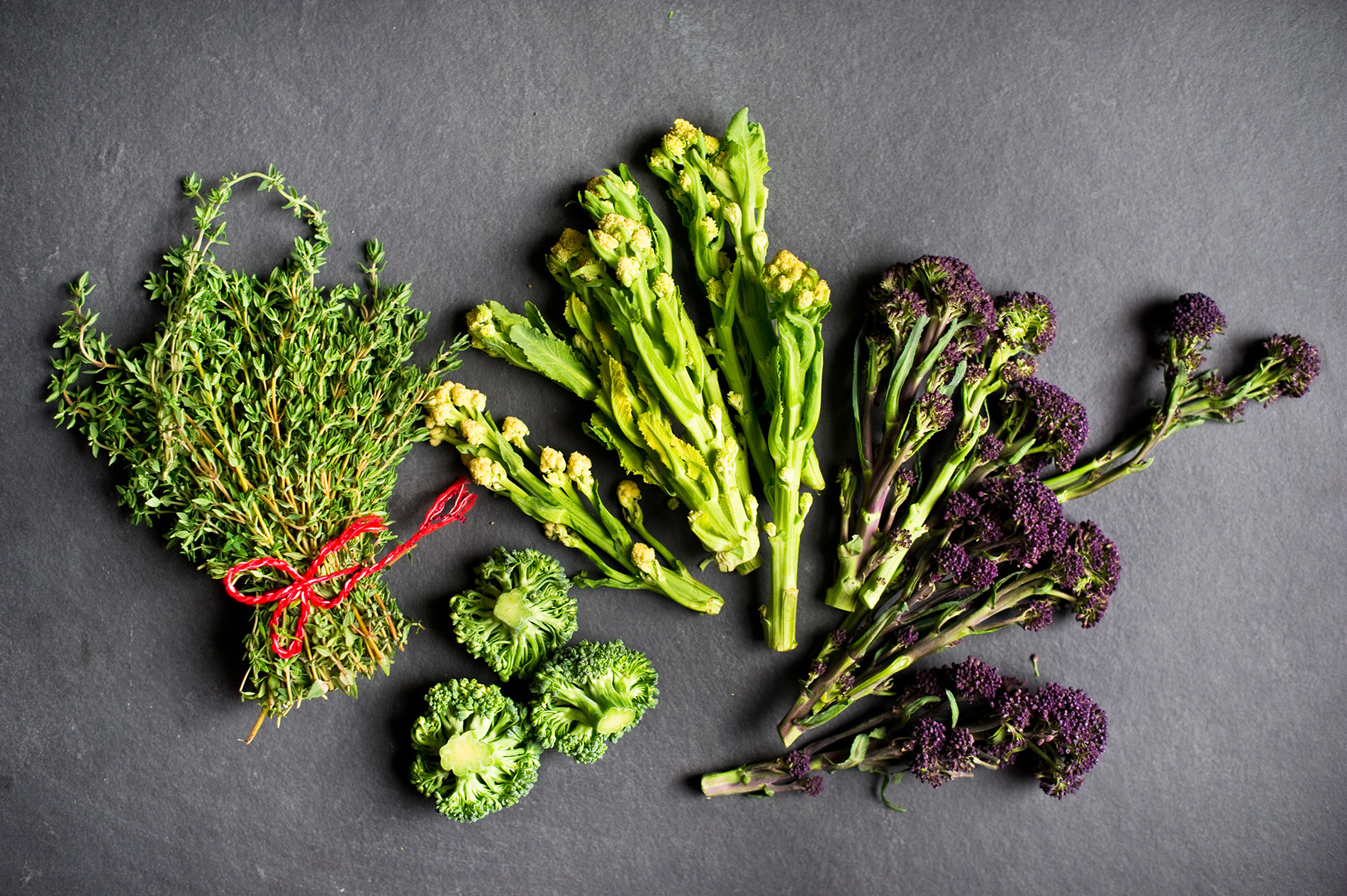
Everyone’s heard by now that eating organic is meant to be better for us. Whilst the jury is still out as to whether organic food does contain more nutrients overall, one thing that’s certain, eating organic does mean less exposure to harmful pesticides, both from eating organic food instead of non-organic, but also on a global level, the more organic food we eat, the less use of pesticides there is, and the less contamination to our water quality and wildlife.
As well as the more obvious risk to pregnant women and children, anyone with hormonal imbalances, poor immunity, fatigue or mood disorders should also think about limiting their exposure as much as they can.
The problem is though, there’s no denying organic food can cost more and in current times, budget is a massive consideration for most of us.
In the US, the Environmental Working Group’s annual list of the dirty dozen foods can be really useful when you want to make an educated choice as to which to go organic if you can possibly afford it. This is the list of produce that’s been shown to contain highest pesticide residues – and that’s even after washing.
Of course I would always recommend eating fruit and vegetables, even if they are non organic, over not eating them at all! But it is also worth knowing that as a nice counterbalance, the ever helpful EWG also publish the Clean Fifteen. There are also ways of cleaning your non organic fruit and vegetables of as much residue as possible which I’ll tackle in my next blog.
Here is EWG’s current published list of the Dirty Dozen
1/ Apples
2/ Celery
3/ Peppers
4/ Peaches
5/ Strawberries
6/ Nectarines
7/ Grapes
8/ Spinach
9/ Lettuce
10/ Cucumbers
11/ Blueberries
12/Potatoes
And what of the Clean Fifteen? This has not only been measured scientifically, but also makes common sense – generally things which you need to peel tend to be better eg avocadoes, sweet peas, sweetcorn. But some findings are surprising. Interestingly sweet potatoes have less residue than white potatoes. And why do asparagus have less residue than celery?!
Here’s the Clean Fifteen
1/ Onions
2/ Sweetcorn
3/ Pineapple
4/ Avocado
5/ Cabbage
6/ Sweetpeas
7/ Asparagus
8/ Mangoes
9/ Aubergine
10/ Kiwi
11/ Cantaloupe
12/ Sweet potatoes
13/ Grapefruit
14/ Watermelon
15/ Mushrooms
I hope you find this as interesting as I do. See you at the next one!
+44 (0)7974 572 089

